Gardening questions for story I am writing
jojoco
12 years ago
Related Stories
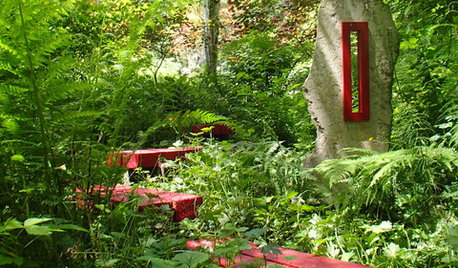
LANDSCAPE DESIGNCreate a Garden That Tells a Story
Take design cues from punctuation marks for a garden with order and intrigue
Full Story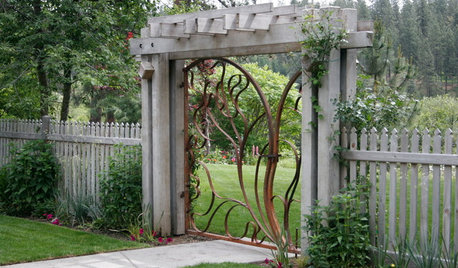
LANDSCAPE DESIGNThe Garden Gate: A Preface to the Story Your Garden Wants to Tell
Setting the tone for your garden starts with the right entry
Full Story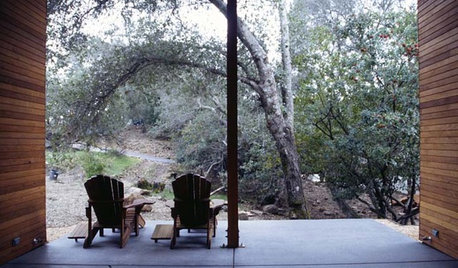
ARCHITECTURETell a Story With Design for a More Meaningful Home
Go beyond a home's bones to find the narrative at its heart, for a more rewarding experience
Full Story
INSIDE HOUZZTell Us Your Houzz Success Story
Have you used the site to connect with professionals, browse photos and more to make your project run smoother? We want to hear your story
Full Story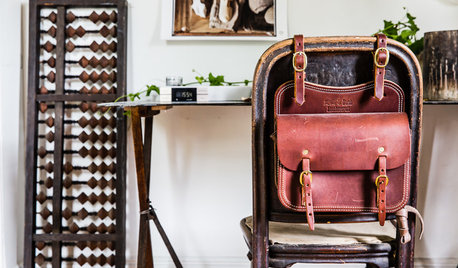
HOUZZ TOURSMy Houzz: Curiosities Tell a Story
An interiors stylist uses her house as a 3D timeline of her tales and travels
Full Story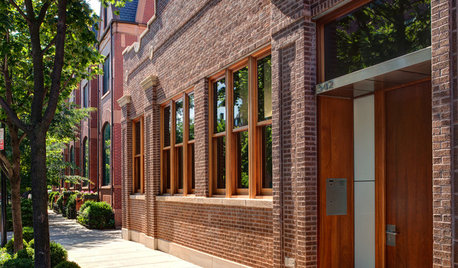
HOUZZ TOURSHouzz Tour: A Three-Story Barn Becomes a Modern-Home Beauty
With more than 9,000 square feet, an expansive courtyard and a few previous uses, this modern Chicago home isn't short on space — or history
Full Story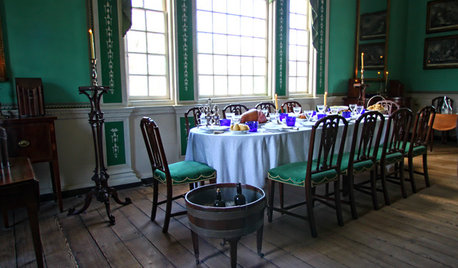
COLORWhen Color Could Kill: Stories From the History of Paint
Delve into paint's storied past — what you learn about its history and modern incarnations may surprise you
Full Story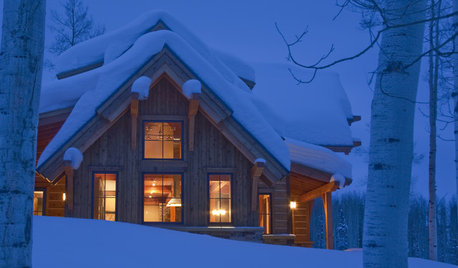
LIFEIs Cabin Fever Real? Share Your Story
Are snow piles across the U.S. leading to masses of irritability and boredom? We want to hear your experience
Full Story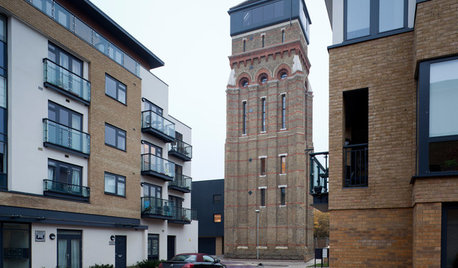
ARCHITECTUREHouzz Tour: Towering Above London in a 7-Story Home
Maximizing see-forever views, the U.K. couple who converted this water tower are aiming high
Full Story
LIFEGive Your Home a History by Telling Your Story
Share your family's epic saga — or even just kiddie doodles — for a home that's personal, meaningful and inspiring
Full Story





Tiffany, purpleinopp Z8b Opp, AL
alabamanicole
Related Professionals
Canton Landscape Architects & Landscape Designers · Kenmore Landscape Architects & Landscape Designers · Brookfield Landscape Contractors · Norristown Landscape Contractors · Tamarac Landscape Contractors · North Aurora Landscape Contractors · Casselberry Landscape Contractors · Westmont Ironwork · Bonita Siding & Exteriors · Massapequa Siding & Exteriors · Overland Park Siding & Exteriors · Rochester Siding & Exteriors · St. Louis Siding & Exteriors · West Milford Siding & Exteriors · Weymouth Siding & Exteriorsrhizo_1 (North AL) zone 7
Tiffany, purpleinopp Z8b Opp, AL
catbird
rhizo_1 (North AL) zone 7
jcalhoun
rhizo_1 (North AL) zone 7
rosiew
catbird
jojocoOriginal Author
jojocoOriginal Author
rhizo_1 (North AL) zone 7
Tiffany, purpleinopp Z8b Opp, AL
alabamanicole
rhizo_1 (North AL) zone 7
jcalhoun
User
catbird